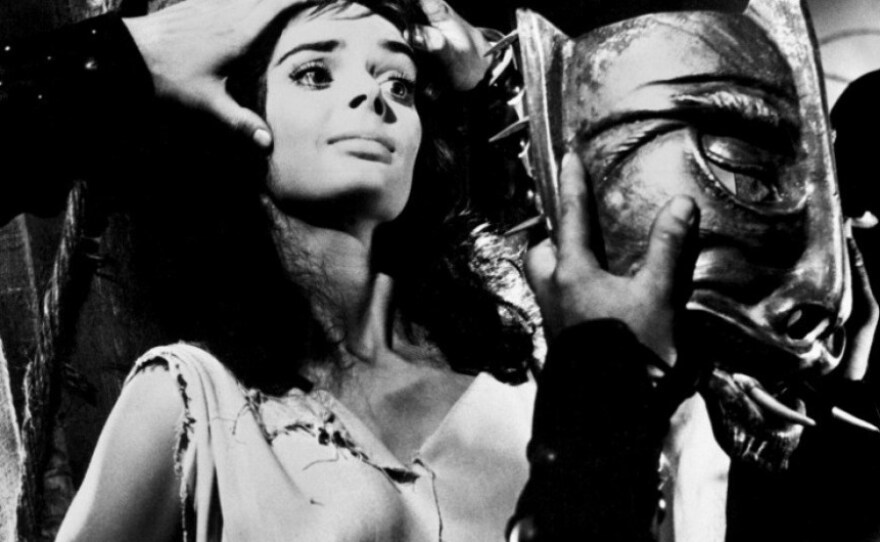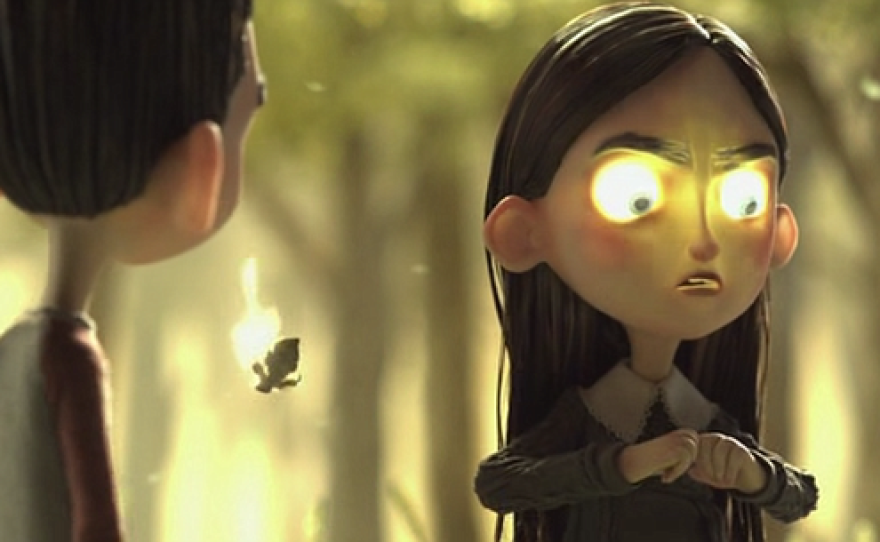Halloween is just around the corner, so get in the mood with a discussion of witches through history and on film from ancient Rome to "Rosemary's Baby" and Monty Python.
Back in April, I had the pleasure of attending an event at San Diego State University called "Witchcraft and Witch Hunting — Texts and Contexts." It was a a lecture from Elizabeth Pollard who discussed her work on fourth-century ritual handbooks and the Malleus Maleficarum (a witch-hunting manual) as well as everything from practice to accusation to classical themes regarding witches and their early modern appropriation.
Special Collections and University Archives also provided a display of its growing witchcraft collection, ranging from rare witch-hunting manuals to witchy comics. The occasion for the lecture was Walpurgisnacht, also known as Witches' Night.
The event inspired me to ask Pollard to join me for a discussion of witches, both through history and in pop culture.
She identifies such recurring themes as relationships among women, transmission of knowledge (between women), and subversions of traditional power entities (religion, family, political). She also points to how in witchcraft accusation scenarios in both history and on film, it’s important to examine the following items: who is being accused; what she or he is being accused of; by whom is the accusation lodged; and in what broader contentious social context.

Here are her Golden Broom Awards for witchy films:
Most Terrifying Witch: Agatha Prenderghast in "Paranorman"
Runners-up: The Blair Witch and Thomasin in "The Witch"
Best Spell-Casting Scene: Servilia in "Rome"
Runners up: Minister Frollo in "Hunchback of Notre Dame;" Owens Sisters in "Practical Magic;" Alexandra, Jane and Sukie in "The Witches of Eastwick"
Best Witchcraft Trial Scene: "Monty Python and Holy Grail"
Runner up: Veronica Franco in "Dangerous Beauty"
Best Animated Witch: Maleficent in "Sleeping Beauty"
Best Sister Witches: Tie between Owens Sisters (three generations of them) in "Practical Magic" and Sanderson Sisters "Hocus Pocus"
Best Witches Sabbath: Final scene of "The Witch" and opening scene of "The Crucible" (1996)
Best Magical World: Harry Potter Series

My suggested viewing list:
"Haxan"
"Wizard of Oz"
"I Married A Witch"
"Curse of the Demon"
"Witchfinder General"
"Black Sunday"
"Rosemary's Baby"
"The Devils"
"Kiki's Delivery Service"
"Suspiria"
"Macbeth" (Take your pick among Roman Polanski, Orson Welles or Rupert Goold versions)
"Drag Me To Hell"
"The Witch"


